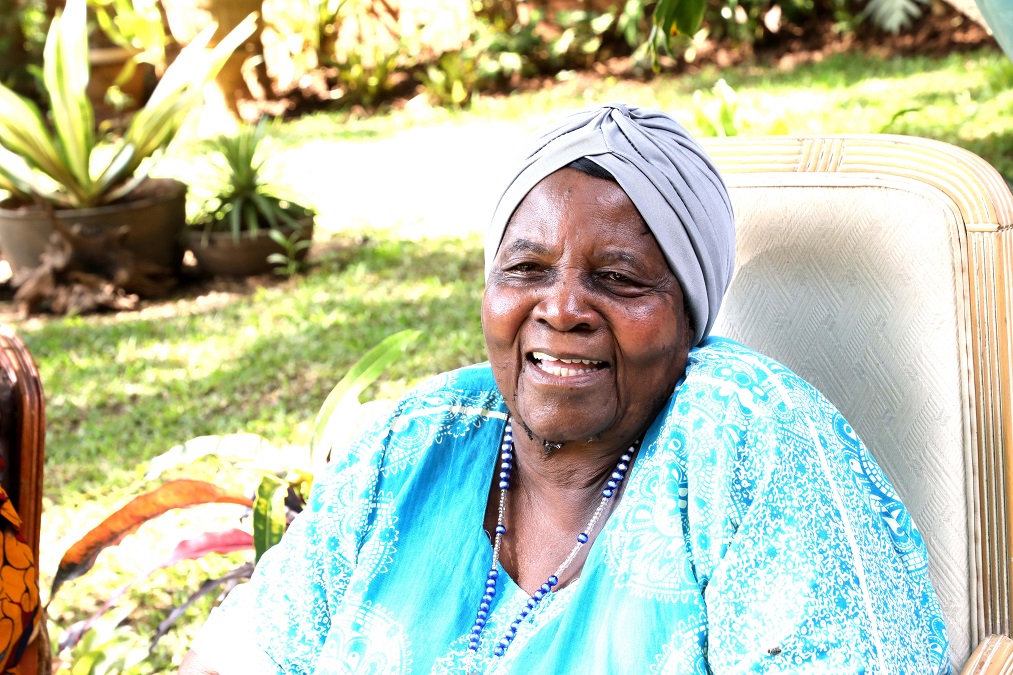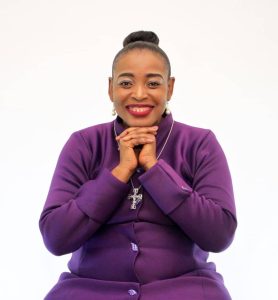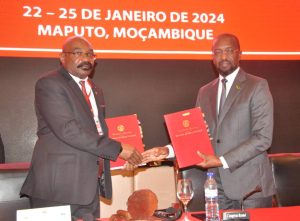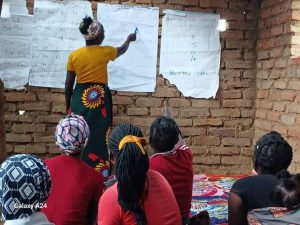By Shilika Chulu
For over a century now, the world over, March 8 has belonged to women. Contemporary women have achieved a lot in the stratosphere of life and traditional gender roles are slowly fading away from the societal landscape because brave and successful women are making headway in previously male dominated fields.
The 2024 International Women’s Day commemorations in Zambia, being held under the theme: Invest in Women and Girls: Accelerate Progress; present an opportunity to draw attention to women’s rights, condemn discrimination and celebrate progress attained after rising above challenges and inspiring others.
As Zambia celebrates International Women’s Day in a year the country commemorates 60 years of independence in October later this year, the theme of investing in women and girls resonates well with strides the government and the Zambian society has made in uplifting the status and welfare of the womenfolk.
Lily Mubitana Monze aged 88 years old, is one of the first three Zambian women to obtain a university degree in the then northern Rhodesia, prior to Zambia’s independence in 1964.
Lily Monze’s historic achievement has inspired a litany of Zambian women to conquer the previously male dominated world of academia, setting the country on the path of recording an avalanche of women academic achievements and professional career success.
Her illustrious career is littered with appointments and service to marvel at, as she served as a teacher, Hansard Editor (Parliamentary debates), a Member of Parliament, Minister of State, Provincial Political Secretary and Ambassador to France , under the United National Independence Party (UNIP) regime .
Late First President Dr Kenneth Kaunda nominated Ms Monze to Parliament and also appointed her as Minister of State for Finance and Economic Development.
She was born Lily Mubitana, 88 years ago to Moses Mubitana, a former educationist-cum politician and Diplomat. She later met her husband, Basil Mweene Monze and had five children.
Lily Monze started her school in the early 1940s, pursued her Form one and two Secondary School education at Chipembi girls’ secondary school, until 1950.
Later, Lily abandoned school to pursue teacher training at St Marks College in Mapanza , Southern province and after graduating, she taught for a year at Saint Ann, a school owned by Mapanza mission.
“Growing up as a young woman, there were few areas of operation for an African woman back then. It was either one became a teacher, a nurse or social welfare worker. I decided to become a teacher,”she said.
Along the way, undeterred by circumstances, she quit her job to pursue senior level education from 1955 to 1957 at Chipembi girls’ secondary school and attained her form four qualification. It was at Chipembi Girls that she met notable female heroines such as Getrude Kazunga Zulu and Mutumba Mainga Bull among others.
Together with two women, she opted to pursue Form six at Goromozi secondary school in the then Southern Rhodesia, now Zimbabwe. Along with Getrude Kazunga and Mutumba Mainga, she enrolled into University College of Nyasaland and Rhodesia (UCNR) in Southern Rhodesia and pursued teaching courses from 1957-1959. The trio emerged the only three female graduates from the University out of 100 graduands.
Ms Monze, who also taught at St Clements Secondary School in Mansa, also served as the only woman in the first University of Zambia Council. She recalls how difficult it was to find a place for the construction of the University of Zambia great east road campus.
“The citing of UNZA was a hard search, it was a forest. I was a member of the university council and the only woman,” She recalls.
Being an active member of the women’s movement, she was privileged to be part of the Moscow Feminist Conference in Russia, where she won international recognition for championing women’s rights.
“The African woman then, was the most set aside, and that is the picture that was going around in the world. Segregation of women everywhere. I spoke a lot about it and it earned me a standing ovation in the Kremlin. We were all together as women of the world. In life, you have to say one best truth in the world and you are made,” She said assertively.
Ms Monze shares that women have a significant role to play in politics, and that they need to assert themselves.
“You cannot rule out women and only have the men folk. That is why I fought hard to enter parliament. In 1973, I was appointed Member of Parliament by President Kenneth Kaunda. He put women in positions where their influence could be felt,” She recalls.
Mrs Monze advises that men and women need to respect each other in order for the Zambian society to advance.
“I believe in equal rights and I fought for that through and through. Women should not lag behind but work together with their men folk to build this country. We had a lot of problems before independence that is why the fight for independence was in place to liberate our people,” She explained .
“We were born in this country not out of personal choice but the will of God. My appeal is that no Zambian must point a finger at another, that this is not fit for this one but for me. Let us do our best to support and help each other. Let us give each other a chance,” she adds.
The centenarian observed that in the agenda and push for women participation in development, there is need to ensure that the first area to consider is educating because women in the home and it helps to ensure that children in a home get an education.
Ms Monze, has been an active member of the women’s movement in Zambia and is a fervent writer of African folk stories, particularly those which appeal to girls.
“The books I have written are meant to emphasise our roots as Africans. Most of the African stories contain a moral. When we were growing up, we were given English story books such as ‘Alice in Wonderland’ not knowing that we had rich stories. I appeal to the Ministry of Education to go out of their way to find writers like ourselves. Those stories will teach Zambians about who they really are. Let us find a way for this literature to reach the people that they were meant for,” She says.
Mrs Monze now spends most of her time attending to her flower garden, and has time for church meetings, sharing and passing on her life experiences, to the young generation of Zambian women.




